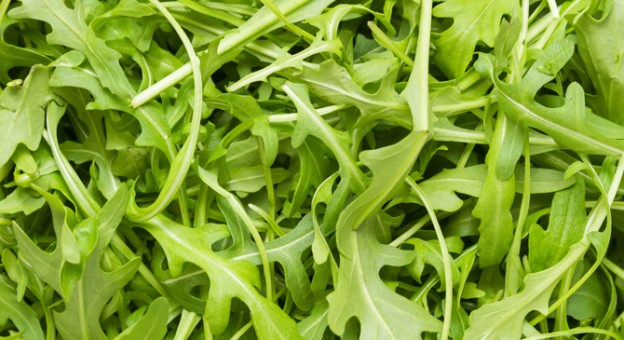As my regular readers know, I recently embarked on a 6-month journey into raw foodism. One month in, and so far, so good. I am happy to report that I have great energy throughout the day, my focus and concentration have not faltered and I feel reinvigorated in my life and in my work. All good results. Additionally, I lost four pounds which was a small side bonus for me.
Along the journey it’s important that I stay on top of my nutritional status to make sure I’m getting all the vitamins, minerals, amino acids, essential fats and proteins that I need. I typically have a green juice in the morning that includes a couple of handfuls of kale, some parsley, a cucumber, an apple and pear, as well as some spinach and a lime. This combination may not sound like much in regards to taste, but it is actually quite yummy, with the apple, pear and lime off-setting the bitterness of the vegetables. This also provides an enormous amount of fiber, vitamins, minerals, antioxidants and phytonutrients in a single glass that help keep my immune system strong and my liver clean. I find it to be one of the best ways to start my day. It doesn’t however, provide a lot of protein or essential fats, so I tend to have a handful of cashews or almonds (soaked, of course) with it to round it out. To mix it up, another favorite is a breakfast smoothie made with banana, berries, protein powder, flax oil, a handful of arugula, and kale blended with ice water. It is delicious and contains plenty of protein, fiber, essential fats, antioxidants, vitamins and minerals to get me through my morning.
As you can see I am eating a lot of plant food, and although highly beneficial and nutritious, there are certain nutrients that I am not getting through a raw, vegan diet that need to be supplemented in order to maintain long term health, namely Vitamin B12 and Vitamin D.
Vitamin B12
Many strict vegans already know about the need to supplement with B12, a nutrient found primarily in animal protein. In addition to vegans, the elderly population as well as anyone with an absorption issue such as irritable bowel syndrome or colitis should also consider supplementing this nutrient.
B12 is necessary for the prevention of anemia, the proper digestion and absorption of food, as well as the metabolism of carbohydrates and fats. It also helps to maintain the health and longevity of cells, and prevent nerve damage.
Long term deficiencies of B12 can lead to a wide range of issues from constipation, depression and headaches to chronic fatigue, liver problems and pernicious anemia. Clearly it is important to make sure that you have adequate levels in your body.
Vegetarian sources of B12 come primarily from Brewer’s Yeast and seaweeds. Sea vegetables play a big role in the raw food lifestyle but despite the fact that they are often used in the preparation of raw foods, it is really not available in adequate amounts, so supplementation becomes key. Ideally you’d want to take 1000mcg of B12, dissolved under the tongue (sublingually) once a day.
Vitamin D
Also known as the “sunshine vitamin,” because of our bodies ability to create it through exposure to sunlight, Vitamin D is now reaching nearly rock star status in its importance in preventing and fighting diseases from osteoporosis and cancer to heart disease and Alzheimer’s. This important nutrient is essential in helping with the assimilation of calcium thereby strengthening bones and teeth. Low levels have been linked to a wide variety of disorders such as type 1 diabetes, a wide variety of cancers such as breast, prostate, lymphatic and esophagus and inflammatory conditions such as rheumatoid arthritis. Clearly, this previously overlooked vitamin plays a huge role in our general health and wellbeing.
Unfortunately, many people are deficient in this vitamin and it is not just because of little sun exposure or vegan diets. Long term, uncontrolled diabetes can lead to a deficiency of vitamin D as can malabsorption issues, including inflammatory bowel disorders, gallbladder problems or stomach resectioning operations intended for weight loss can also cause severe deficiencies in this nutrient, requiring high dose supplementation.
Mostly found in fish liver oil, fatty fish and dairy products, Vitamin D is best consumed and absorbed in supplement form. The standard recommendation is approximately 400 IU daily with food during the summer (this dose can also be achieved through exposure to direct sunlight for 20 minutes a day) and as much as 800 to 1000 IU in the winter. However, it is best to have your D levels checked to determine what the best dose is for you. If you have any pre-existing medical conditions then a higher dose might be necessary. Always best to check with your doctor or health care professional.


